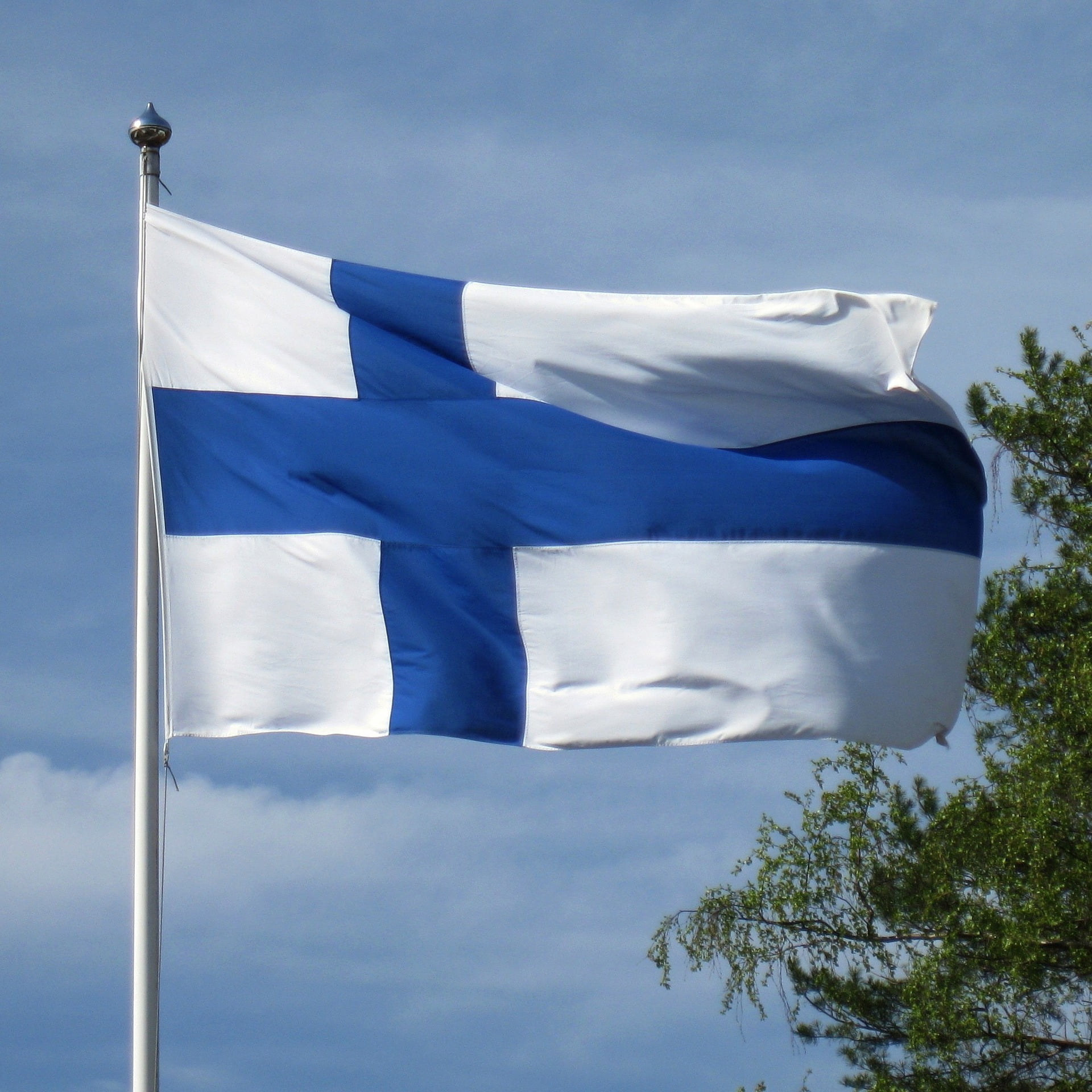Blockchain technologies have already irrevocably changed many industries, with the most obvious example being finance. Fortunes are both made and lost with cryptocurrencies, but the blockchain itself acts as a constant and new force in the finance sector. However, the blockchain is about far more than money, and many governments and organizations have started looking at what else it can do. A new project in Finland utilizes the blockchain to help refugees adjust to their new lives.
Blockchain for the Unbanked
Given the devastating conflicts arising in the Middle East and appalling economic conditions elsewhere in the world, many refugees have sought asylum and safety in European and Scandinavian nations. Many of these people do not have much, and making sure that they have identifying documents is the last thing on anyone’s mind when seeking to escape death. This presents a huge problem in the traditional banking model we have set up today.
As many of us know, it can be incredibly frustrating to set up a bank account. Doing so requires countless documents and time even for settled members of society. Unbanked individuals have a much harder time getting settled anywhere, since employers require that one have a bank account into which to send wages, landlords far prefer bank transfers to cash, and there is a certain level of security a bank provides that hiding spaces in homes do not.
Finland has come up with a pretty interesting solution to combat these problems with the help of the blockchain. In a partnership with a company called MONI, the Finnish government has provided prepaid Mastercard debit cards to those refugees who do not have bank accounts. This is a sharp break from the past, when cash was simply dispersed.
Each card has a unique identifier that is stored on the blockchain. This immediately eliminates the need for a third party bank or other financial institution to require verifying identities. The card and cardholder are given that identity, it is stored on an immutable blockchain, and the account’s private keys can only be associated with the cardholder. Advantages for the cardholders are incredible. These individuals went from barely being able to live a safe life to not having to worry about whether they are employable given their unbanked status. This is because the card acts like a bank account and can receive direct deposits from users’ employers.
Since only cardholders would have access to the private keys associated with the card, positively identifying individuals is both easy and secure. In fact, it seems the identities of those refugees using the blockchain to identify themselves are far safer from identity theft than most Americans are. All transactions are stored on the blockchain, meaning that the local immigration services will be able to keep tabs on cardholders and their spending. For both the government and the refugees, it is a win-win.
This is just one of the earliest projects utilizing the blockchain for the common good. I am excited to see how well it works out, but so far it seems to be performing as well as expected. It is great to see the blockchain helping people to rebuild their lives and take back their identities.

